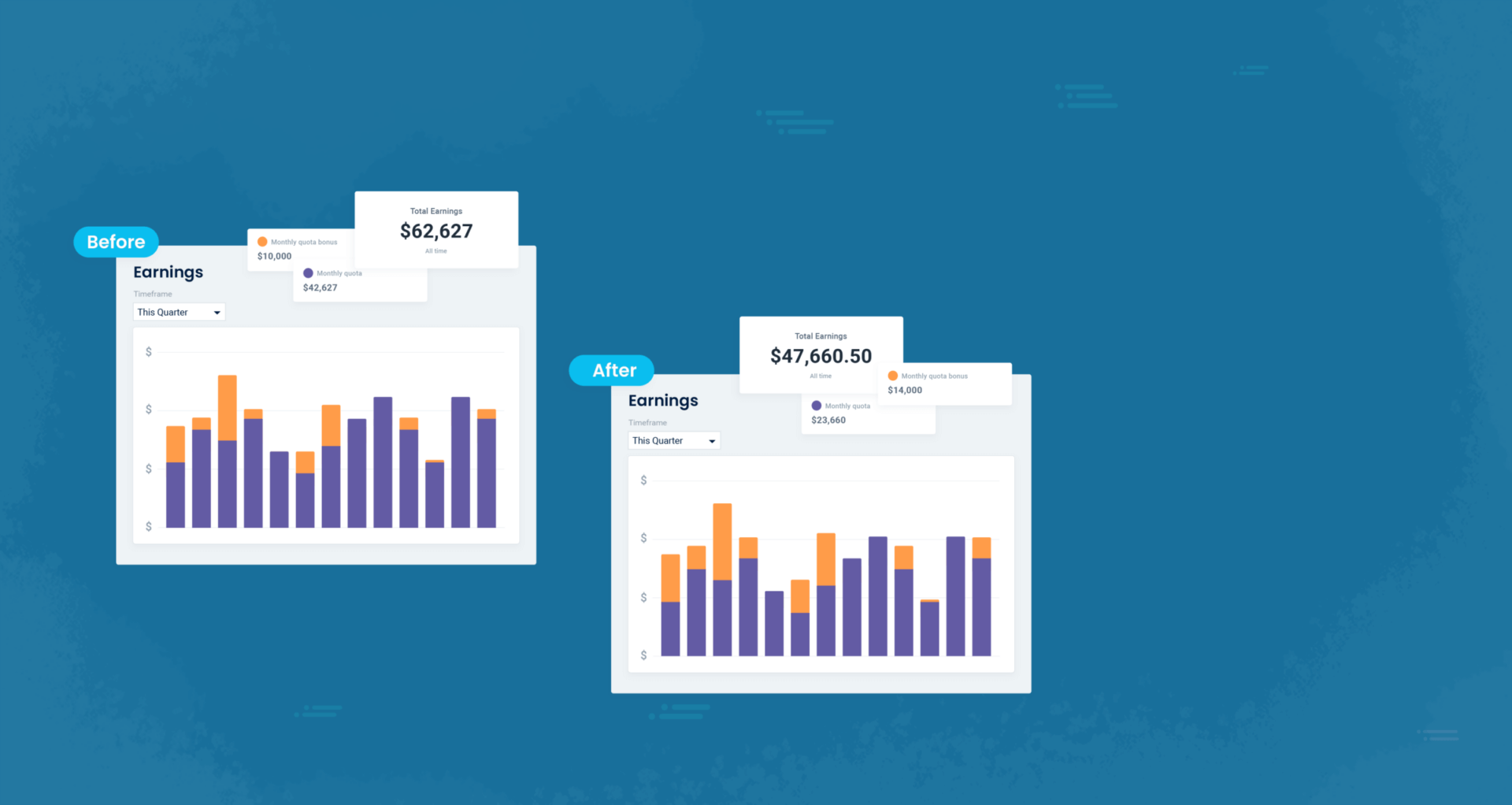
Let’s talk about burnout.
Everyone experiences it, but sales is probably one of the departments that actually talks about burnout the least. I get it. We all want to be the person who is always high energy, who never loses a deal, who never lets life outside of work affect their work (and vice versa).
All that said, and despite what we see on social media, burnout is real. It happened to me last week, and it will happen to you.
How you process that feeling is critical to your immediate well-being and your future success.
With everything going on in the world right now, life has felt a little (okay a lot) like groundhog day. Wake up. Team Standup. Meetings. Coaching. Repeat. Sometimes it’s tough to even remember what day it is.
It started out as what I thought was a case of the mid-month doldrums. I was low energy, I wasn’t doing things to keep my mind sharp (eating right, exercising, etc.), and I had a negative outlook on things both at work and in my personal life. For those of you who don’t know me, these behaviors are pretty much the exact opposite of how I am 95% of the time.
The light bulb moment happened for me after a mid-morning meeting where I wasn’t present at all. That feeling of, “this isn’t me” hit, and I just wanted to crawl out of my skin. Everything felt acidic. I had to do something to get myself back on track.
I realized there are 3 things I did that really helped me hit the reset button, and I hope they can help you too.
1. Know your signs of burnout
Are you not as engaged as you normally are? Letting little things slip through the cracks? Are you working too much each day? Not enough? Are you short with your co-workers? Your friends? Your significant other? Is your inner voice kind?
Again, I get it. These are difficult, uncomfortable questions to ask yourself when you look in the mirror, but it’s critical that you be honest with yourself when answering these questions. Even more critical: don’t beat yourself up for feeling like this. It only perpetuates the cycle so if you find yourself in a hole, stop digging.
2. Be communicative
This is definitely the hardest part of getting over burnout, but it’s also the most important. Let somebody in your life know that you’re feeling burnt out, tired, not like yourself. Thankfully, I’ve got an awesome leadership team, so I dropped my boss a message that read, “Hey dude, got a minute? Headline is I’m feeling super burnt out today.”
He and I spoke on the phone, talked about why I’m feeling this way, and came up with an action plan: take a half-day.
*GASPS*
But Jacob! People are getting laid off like crazy right now. My pipeline is moving at a snail’s pace. I have to put my nose to the grindstone and not make a sound unless it’s to ring the gong.
These were all reactions I had, and likely reactions you’ve had too, but ask yourself, “Is the world going to end because I take 3 hours for myself? Am I going to come back tomorrow with my head screwed on straight?”
For me, the answer was to take a couple of hours to hit the reset button. This brings me to step 3.
3. Cultivate healthy outlets (more than one)
Since everyone’s on some version of lockdown, it’s a little spooky to have all this time on our hands. Now, I’m not trying to sound like a Masterclass ad, but lockdown presents a unique opportunity to try new outlets and discover a new hobby or take on a project.
Whatever your outlets are, make sure they’re healthy, and make sure you’re doing them with the right mindset. You ordered a painting kit, you’re not going to be Picasso right out of the gate. Did you download that music production software? Chances are you’re not going to be playing Tomorrowland anytime soon (if you do, plz send tickets).
Stop judging yourself, and use this as an opportunity to expose yourself to new things!
For me, it’s exercise and DIY stuff around the house. Whatever your outlets are, make sure you have more than one so you can rotate them. Who knows, you may just find your next “thing.”
TL;DR
Burnout is real, and it will happen to you multiple times in your career. Don’t let it fester in the corners of your mind. Deal with it head-on, be vocal about it, and find some outlets to help you hit the reset button.












Recent Comments